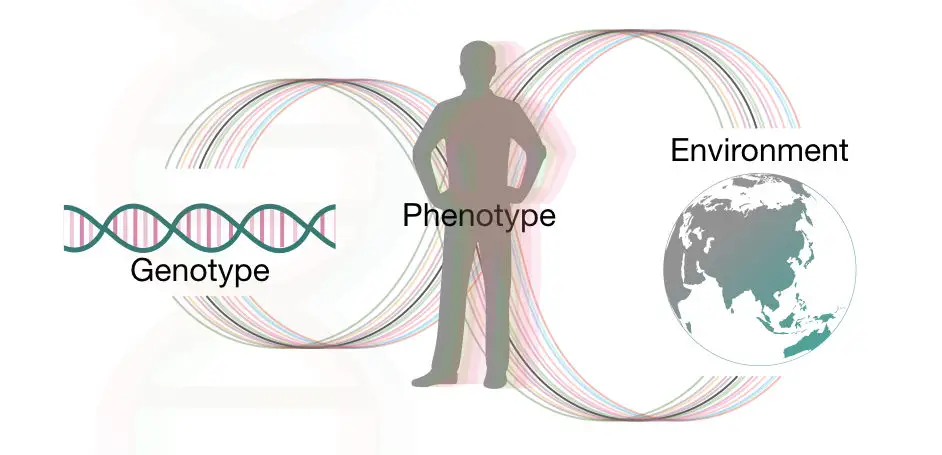
Genetics vs. Environment Article by Dr. Cindy
“I Have Soft Teeth Like My Mom”
Are your teeth susceptible to tooth decay due to your genetic makeup or to your environmental influences? Let’s take a quick look at both sides:
Genetics
It is well known that you are made up of DNA from both of your parents, and as a result you inherit certain traits from each of them! Perhaps you have your mom’s eyes and your dad’s chin…and perhaps one of your parent’s genes dominates what your teeth are shaped like from the outside, and the other how they are constructed from the inside. But how does that really affect you? Let’s take a look at the anatomy of a tooth.
Your teeth are made up of layers:
Enamel is the hard, outer shell; Dentin is the yellow, middle layer; the Pulp chamber is the pink and red inner core of your teeth where the nerve and blood supply reside. The mineral-rich enamel is the first and outer line of defense against decay, protecting your teeth from the surrounding acids. Teeth resist decay from the inside with fluid flowing outward from the pulp through tubules that exist in the dentin layer and toward the enamel to wash away the bacteria that cause decay and help neutralize
decay-causing acids. The enamel strength and fluid flow can arguably be traits that are genetically passed down. Therefore, susceptibility to tooth decay and breakdown differs from person to person. However, genetics is not the only thing that determines the health of your teeth.
Environment
You “inherit” the bacteria that cause tooth decay from your parents by sharing spoons with them when you were but a wee little one. Additionally, you tend to pick up your parents’ eating habits, like how frequently you eat, as well as dietary choices for meals, snacks, and beverages. Every time you eat or drink carbohydrates (simple and complex sugars), decay-causing bacteria get to eat as well. When these germs feast on sugars, they produce an acid by-product that pulls the minerals out of your teeth. The more frequently you eat or drink carbohydrates, the more acid attacks you will have, not allowing time for the minerals in your saliva to heal your teeth. If your salivary minerals do not neutralize the acids and replace the minerals in your teeth, cavities (or holes) will result.
High sugar intake can also affect how your teeth are protected from the inside by slowing the outward dentinal fluid flow, or even reversing the flow inward, allowing acid and germs to penetrate deeper into the tooth and speed along decay. Other environmental factors that influence the outward dentinal fluid flow are stress, lack of exercise, lack of micronutrients, and pharmacological agents (prescription medications, as well as street drugs).
The Bottom Line
You got what you got genetically – there’s nothing you can do about that, but there are many things you have control of in your environment that can influence your risk for decay:
1) Brush and floss your teeth to break up bacterial colonies – at least twice a day for brushing, and at least once a day for flossing (at night before bed, as your protective saliva flow naturally slows down when you are sleeping).
2) Limit your eating and drinking carbohydrates to meals only and snack on proteins and fats that the “Sugar Bugs” do not eat. By doing so, you will be giving the minerals in your saliva a chance to heal your teeth in between acid attacks.
3) Fuel your body with foods that are low in sugar and high in nutrients.
4) Manage your stress with exercise, good sleep, and positive thinking.
5) Be aware that medications/drugs can slow your outward dentinal fluid flow, as well as reduce the flow of your tooth-healing saliva, and if these drugs are necessary, you may require products that help produce saliva and/or mineral supplementation for your saliva to keep you decay-free.

Leave a Reply